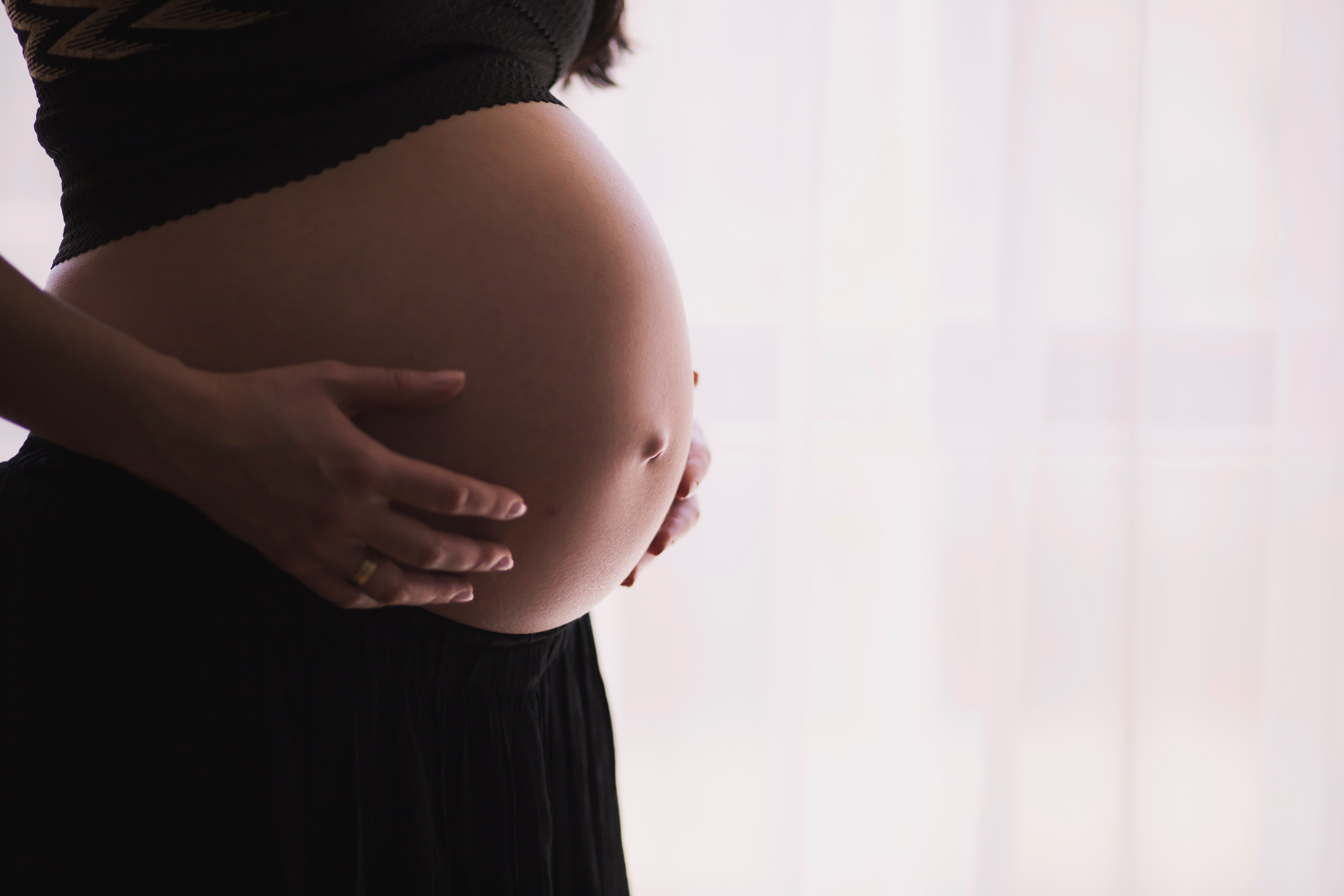Being self-employed isn’t for the faint-hearted. The underlying stress about your next paycheck and unpredictable work schedule can make it tough to plan out everyday life tasks like going to the bank, grocery shopping and keeping in touch with friends, but what happens if you’re pregnant?
Loose Women presenter Stacey Solomon, who is self-employed, recently became pregnant with her boyfriend Joe Swash and has revealed that she won’t be taking maternity leave because of the money she might lose out on.
The 29-year-old, who rose to fame as a contestant on the X Factor, relies on different jobs to make up her income.
It might be a situation that I have work now but in six months time I might not.
Stacey Solomon
Speaking on Chris Evans’ breakfast show on Virgin Radio, Solomon aired her fears about her financial stability as she has her third child.
“I’m self-employed so if I don’t work, I don’t get paid,” she told the presenter.
“In this industry, you can only earn while you’re earning and it might be a situation that I have work now but in six months time I might not. I will carry on working.”
What Are Your Rights If Your Self-Employed And Pregnant?

Credit: Pexels
In short, if you are pregnant in the UK then you are entitled to some form of maternity pay.
Expectant parents with who are employed by a company receive statutory maternity pay, while maternity allowance is provided to those who cannot access statutory maternity pay.
The amount of maternity allowance you can get depends on a number of factors determined in the 66 weeks before your, or your partner’s, due date. This is called the “test period”.
Generally, you will be entitled to receive £140.98 per week for up to 39 weeks if you pay Class 2 National Insurance. If you earn less than £140.98 a week on average during the test period, then you’ll receive 90 per cent of your earnings.
If you did not pay Class 2 National Insurance, you will be able to claim £27 a week for up to 39 weeks. Maternity allowance can be claimed online.
The money isn’t a great support network, but offers some buffer zone rather than having a cold bank account.
Childcare

Credit: wwworks/Flickr
Historically, self-employed people have drawn the short straw when it comes to childcare. If you work from home, then you’re perfectly capable of looking after your child, right? Wrong.
Parenthood is a full-time job and no one can afford to lose out on work and much-needed cash because they’ve lost their work days to caring for their child, but now more provisions have been put in place to help out parents.
The government recently introduced tax-free childcare schemes, which cover the 20 per cent VAT on childcare.
In this industry, you can only earn while you’re earning.
Stacey Solomon
Up to £2,000 a year (split across four payments) can be claimed for each child you have who are aged 11 and under.
If you are new to the world of self-employment then a 12-month ‘startup’ period is offered where you are not required to meet the minimum income level of for the scheme. However, if you earn more than £100,000, you will not be eligible for the scheme.
The tax-free scheme differs from other childcare schemes such as vouchers, and so they can’t be used together.
Regardless of your employment status, you are also eligible to 30 hours of free childcare.
Discrimination

Credit: Unsplash
Discrimination has been a long-standing issue for expectant parents in the workplace, especially for women as it raises the human rights issue of equality.
However, laws and human rights have been put in place to stop this type of discrimination.
Human rights mean you can’t be sacked without knowing why, your employer can’t take away your wages for no good reason, and discrimination complaints must be looked into swiftly.
These laws and rights also cover you as a freelancer, which means companies cannot refuse you work on the grounds of your pregnancy.







